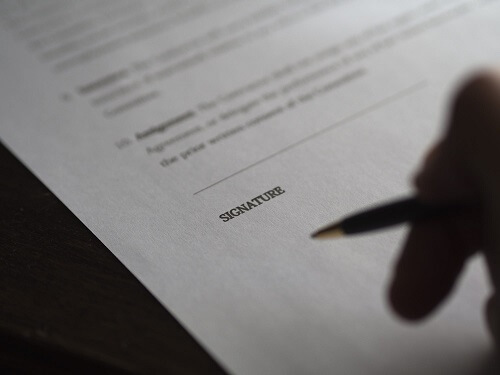I read with interest Noel Whittaker Article Sunday Mail in the Sunday Mail on 18 November 2012 regarding the complexities of Enduring Powers of Attorney. In light of this, I thought I would summarise the main points one should be familiar with when making an Enduring Power of Attorney:
- An Enduring Power of Attorney is one of the most important documents a person will ever sign. However, it is different to a General Power of Attorney. The difference is that a General Power of Attorney will only remain in force whilst a person has the capacity to make decisions for themselves. An Enduring Power of Attorney will continue now and in the future, should the person lose capacity. This means your attorney will have complete control over all of your assets and all of your personal and lifestyle matters;
- You can determine when the power for financial matters begins (for example, immediately on signing the document or at some future stage, such as loss of capacity). It is important to note, that the powers for personal/health matters can only commence when you lose the mental capacity to make decisions for yourself;
- You can specify any limits to the powers given to your attorneys;
- With regard to financial matters, there are some things that the law prevents attorneys from doing on your behalf. This includes, if you want your attorney to:
- Have the power to act in transactions where the attorney or related parties may have an interest in the outcome (for example, a conflict of interest transaction or making gifts);
- Be able to charge a fee for being your attorney.
- You can appoint more than one attorney and decide how they are to operate (for example, alone, jointly or successively). If you do not specify how they are to act, then it is assumed you want them to act jointly;
- Your Enduring Power of Attorney is automatically revoked in the following situations:
- When you die;
- If you marry or enter a registered relationship then the Enduring Power of Attorney is revoked to the extent that it gives power to someone other than your new spouse;
- If you divorce or terminate a registered relationship, then the Enduring Power of Attorney is revoked to the extent that it gave power to your divorced spouse or previous partner;
- If you make a new Enduring Power of Attorney, then it is revoked to the extent that it is inconsistent with any new document.
- You must have the mental capacity to be able to make an Enduring Power of Attorney and revoke an Enduring Power of Attorney.
- If you revoke an attorney’s appointment, then you must provide them with written notice. You should also consult an experienced solicitor to ensure that the revocation is effective. Any attorney appointed is also free to resign as your attorney by providing signed written notice.
As Neil points out in his article, the area can be a real maze. It is further complicated where businesses and trusts are involved. Generally speaking, you will not be able to appoint an attorney to run your business for you. This is a separate document and you should consult an experienced solicitor.
If you require an Enduring Power of Attorney, or you have been nominated as an Attorney for someone, please do not hesitate to contact me for further advice.
The information provided in this article is for general information and educative purposes in summary form on legal topics which is current at the time it is published. The content does not constitute legal advice or recommendations and should not be relied upon as such. Whilst every care has been taken in the preparation of this article, Wills, Estates and Probate Lawyers (WEP Lawyers) cannot accept responsibility for any errors, including those caused by negligence, in the material. We make no representations, statements or warranties about the accuracy or completeness of the information and you should not rely on it. You are advised to make your own independent inquiries regarding the accuracy of any information provided on this website. WEP Lawyers does not guarantee, and accepts no legal responsibility whatsoever arising from or in connection to the accuracy, reliability, currency, correctness or completeness of any material contained in this article. Links to third party websites or articles does not constitute any endorsement or approval of those sites or the owners of those sites. Nothing in this article should be construed as granting any licence or right for you to use that content. You should consult the third party’s terms and conditions of use in relation to any third-party content. WEP Lawyers disclaims all responsibility and all liability (including liability for negligence) for all expenses, losses, damages and costs you might incur as a result of the information being inaccurate or incomplete in any way. Appropriate legal advice should always be obtained in actual situations.


